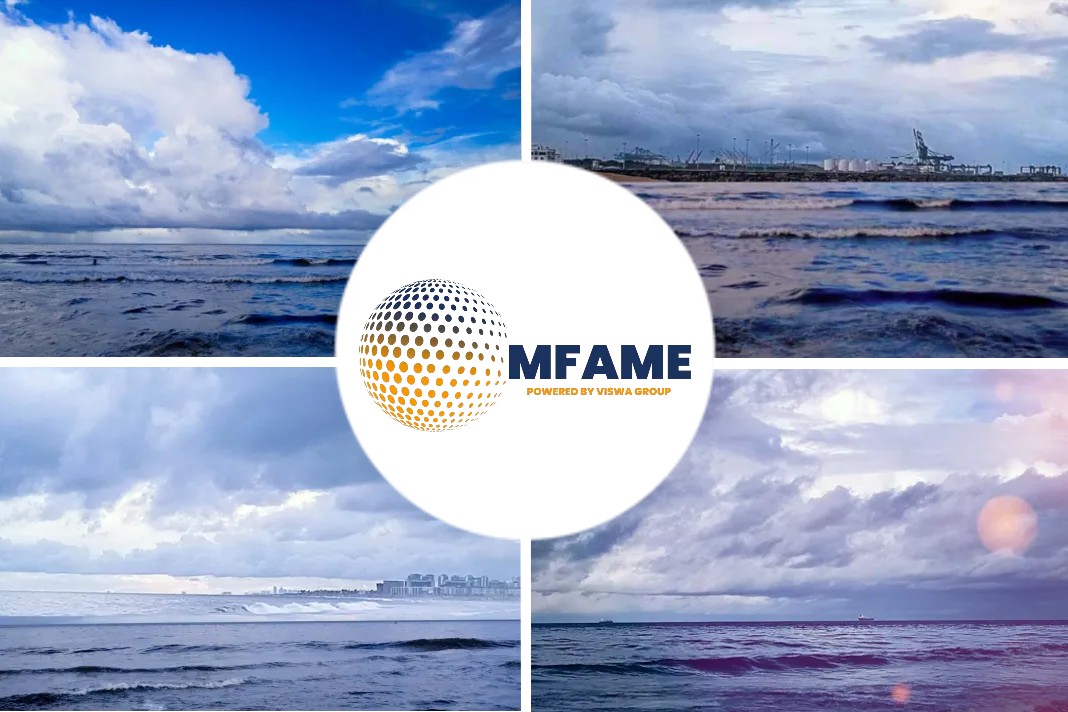Ship maintenance and the global supply arrangements can be revamped by a smart end-to-end digital procurement and logistics set-up for marine stores and spares, says a report published in Seatrade Maritime.
This could potentially transform the old-fashioned and inefficient approach to spare part inventories, ship maintenance and global supply arrangements.
How will it happen?
Freddy Ingemann, founder and CEO of Moscord, believes that he has devised the first comprehensive system for the digital management of spares and their efficient delivery anywhere in the world.
The Moscord system is based on digital catalogues and contract-based procurement. Prices, including worldwide delivery, are all known in advance and the system is fully transparent both ways. Consumers can see through the supply chain to their supplier, without several middlemen taking a cut, and suppliers can see who is buying their products.
When will it be available?
The ex-ShipServ procurement specialist, a marine and mechanical engineer by background, is in the final stages of lining up several heavyweight investors who will contribute towards the next stage of corporate funding on a private, non-venture capital basis.
Why is it necessary?
He says that it is almost unbelievable that much of global shipping’s procurement systems are still based on time-consuming ‘requests for quotations’ – RFQs. It has been estimated that 10-15% of ship spend relates to consumables. However, the procurement process takes up more than 40% of total procurement resources, Ingemann says.Ingemann does not really like his set-up to be compared to a marine Amazon, but it has distinct similarities. It is based on products from major suppliers, all of which are categorised and logged in an electronic database which can be searched by consumers. However, it is more refined than that.
How will it help shipping?
The Moscord system enables the compilation of a ship-specific spare part database with branded and third-party products priced on various supply arrangements in ports around the world. Working closely with ship agency firm GAC, Ingemann says that spare parts can be delivered ‘free alongside ship’ (FAS) or to logistics hubs at key locations in more than 1,000 ports worldwide.
Benefits of the System
Key benefits for maritime consumers include a comprehensive electronic catalogue of all relevant spares with an accurate description, delivered cost and logistics arrangements (like Amazon) known in advance, lower prices, a much-reduced procurement timescale, and a significant reduction in resource commitment.
Did you subscribe for our daily newsletter?
It’s Free! Click here to Subscribe!
Source: Seatrade Maritime

















